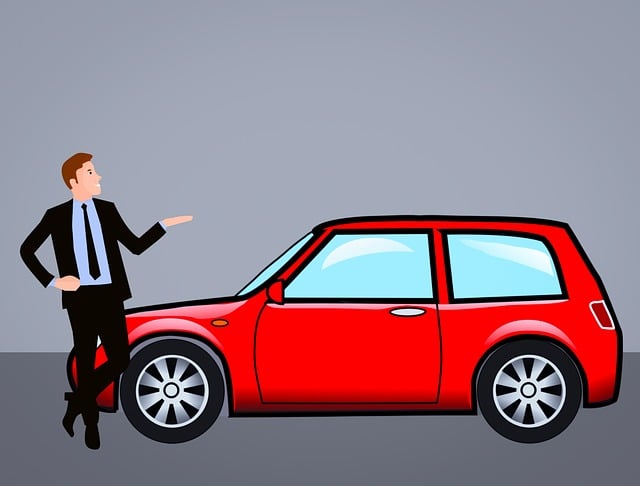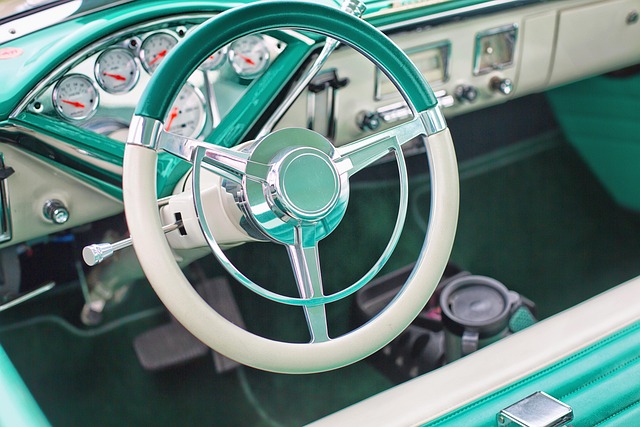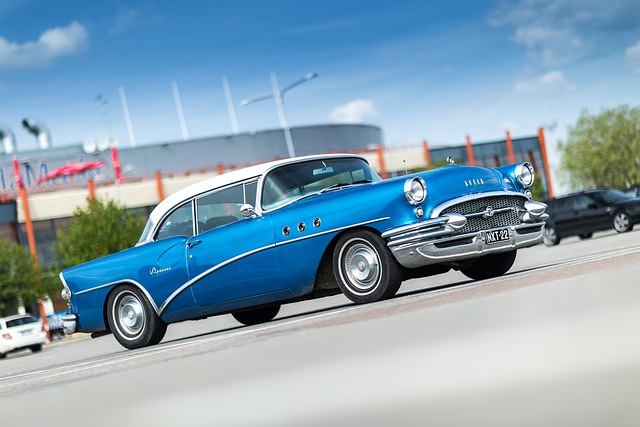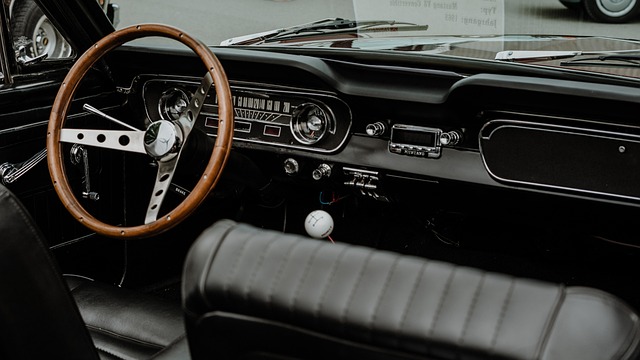When considering how to buy a pre-owned vehicle, understanding risks and taking proactive measures is key. Factor in vehicle age, mileage, and thorough inspection to avoid hidden costs. Prioritize insurance for peace of mind and protection against unexpected repairs. Use comprehensive vehicle history reports to verify ownership, accidents, and maintenance records. Understand various insurance coverage options like comprehensive and collision to safeguard your investment. Secure affordable insurance by comparing quotes, leveraging dealer bundles, and choosing safe, spacious models with good safety ratings.
When considering buying a used car, understanding the risks and insuring your new purchase are crucial steps. This comprehensive guide delves into navigating vehicle history reports, exploring essential insurance coverage options for pre-owned vehicles, and providing tips to secure the best deals on car insurance as a used buyer. By following these insights, you can ensure peace of mind and a smoother transition into your next vehicle.
- Understanding the Risks of Buying Used Cars
- Why Insurance is Essential for Your Peace of Mind
- Navigating Vehicle History Reports: What to Look For
- Types of Insurance Coverage for Pre-Owned Vehicles
- Tips for Getting the Best Deals on Car Insurance for Used Buyers
Understanding the Risks of Buying Used Cars

When considering how to buy a pre-owned vehicle, understanding the risks associated with purchasing a used car is an essential step in the process. Unlike new cars, which come with manufacturer warranties and detailed service histories, pre-owned vehicles may have experienced varying levels of care and maintenance from previous owners. This can lead to potential hidden costs and issues that buyers should be aware of. One crucial aspect to consider is the vehicle’s age and mileage; older cars might require more frequent repairs and could be less fuel-efficient, while high-mileage vehicles may have worn-out parts.
Additionally, it’s important to inspect the car thoroughly for signs of damage, wear, and tear. Used car shopping tips include checking the engine, transmission, brakes, and suspension systems. With the growing popularity of hybrid and electric pre-owned options, buyers should also assess the state of these advanced components, as they may require specialized knowledge and repairs. Being informed about these risks enables buyers to make more confident decisions when navigating the used car market.
Why Insurance is Essential for Your Peace of Mind

When you opt for buying a used car, ensuring your investment is protected with insurance becomes even more crucial. It offers peace of mind, knowing that unexpected events or accidents won’t leave you burdened with massive repair costs. Insurance acts as a shield, safeguarding your finances and providing coverage for various risks associated with ownership. This is particularly important when selecting a pre-owned vehicle, as these cars may have had previous owners who didn’t maintain them optimally.
Getting the right insurance policy means you can get behind the wheel of either a top-rated used car or one of the eco-friendly options without worrying about unforeseen circumstances. It allows you to focus on enjoying your new purchase rather than fretting over potential repairs. Plus, with affordable high-end used vehicles becoming more readily available, having insurance ensures that even if you opt for a luxury model, you won’t be stretching your budget thin in case of an incident.
Navigating Vehicle History Reports: What to Look For

When considering selecting buying used cars, one of the most critical steps is understanding the vehicle’s history. Vehicle history reports provide a detailed account of a car’s past, including ownership changes, accident records, and maintenance records. Start by looking for reputable sources that offer such reports, ensuring you’re dealing with trusted providers to avoid misinformation.
Focus on key elements while reviewing these reports. Check for any significant accidents or damage, as this could indicate potential mechanical issues. Keep an eye out for consistent maintenance records, which suggest the car has been well-cared for. Additionally, verify the odometer reading; discrepancies may hint at mileage manipulation. Remember, a thorough inspection and understanding of the vehicle’s history are essential steps in how to buy a pre-owned vehicle responsibly.
Types of Insurance Coverage for Pre-Owned Vehicles

When considering a select buying used cars, it’s crucial to understand the various insurance coverage options available to protect your investment. One of the primary concerns for any vehicle owner is comprehensive and collision insurance. Comprehensive covers damages caused by events other than accidents, like theft or natural disasters. Collision insurance, on the other hand, is designed to pay for repairs after a crash, regardless of fault.
Beyond these basics, there are specialized policies tailored to pre-owned vehicles. For instance, if you’re looking for spacious pre-owned vehicles, consider liability coverage that shields you from costs associated with injuries or property damage caused to others during an accident. If affordability is a priority, explore options for high-end used vehicles that offer customized deductibles and coverage limits, ensuring you get the best value for your money. Reputable used car sellers near me often recommend these comprehensive plans to their customers.
Tips for Getting the Best Deals on Car Insurance for Used Buyers

When buying a used car, securing the right insurance at a favourable price is essential. Start by comparing quotes from multiple insurers to get the best deals. Online platforms and comparison tools can significantly aid this process, allowing you to input your vehicle details and driving history once and receive tailored offers. Don’t overlook local dealers selling pre-owned used classic cars for sale, as they may offer bundled packages including insurance, which could prove cost-effective.
Additionally, leveraging consumer reports used cars resources can provide valuable insights into different models, helping you identify vehicles with lower than average insurance costs. Opting for spacious pre-owned vehicles could also influence your premium positively, as larger cars often have safety features that insurers find favourable. Remember, responsible driving habits and maintaining a clean record will always lead to better insurance rates over time.
When considering a select buying used cars, ensuring proper insurance is a crucial step for your peace of mind. By understanding risks, navigating vehicle history reports, and exploring different coverage types, you can make an informed decision. Remember, the right insurance policy not only protects your investment but also provides valuable protection against unforeseen circumstances. Take the time to compare deals and choose a policy that aligns with your needs, ensuring a smooth and worry-free ownership experience.
